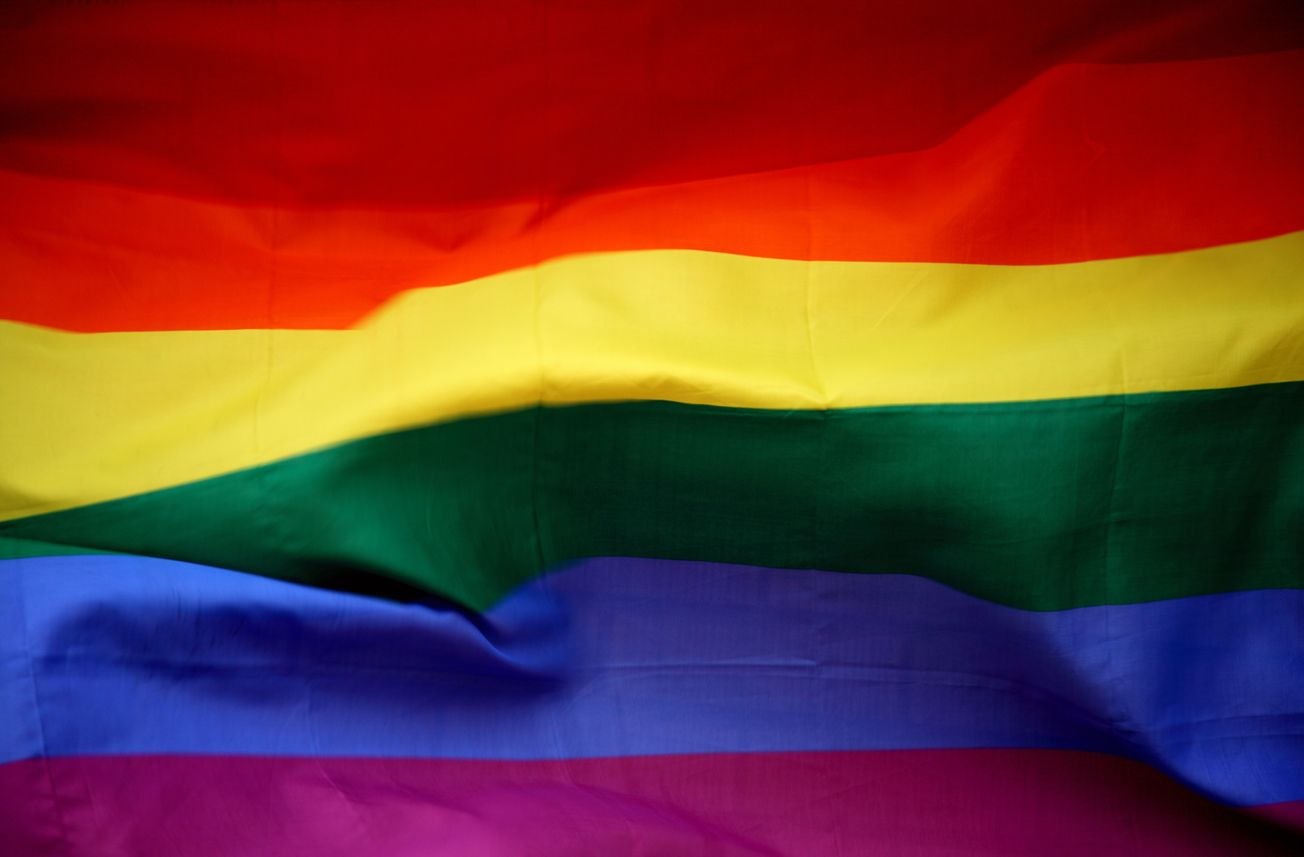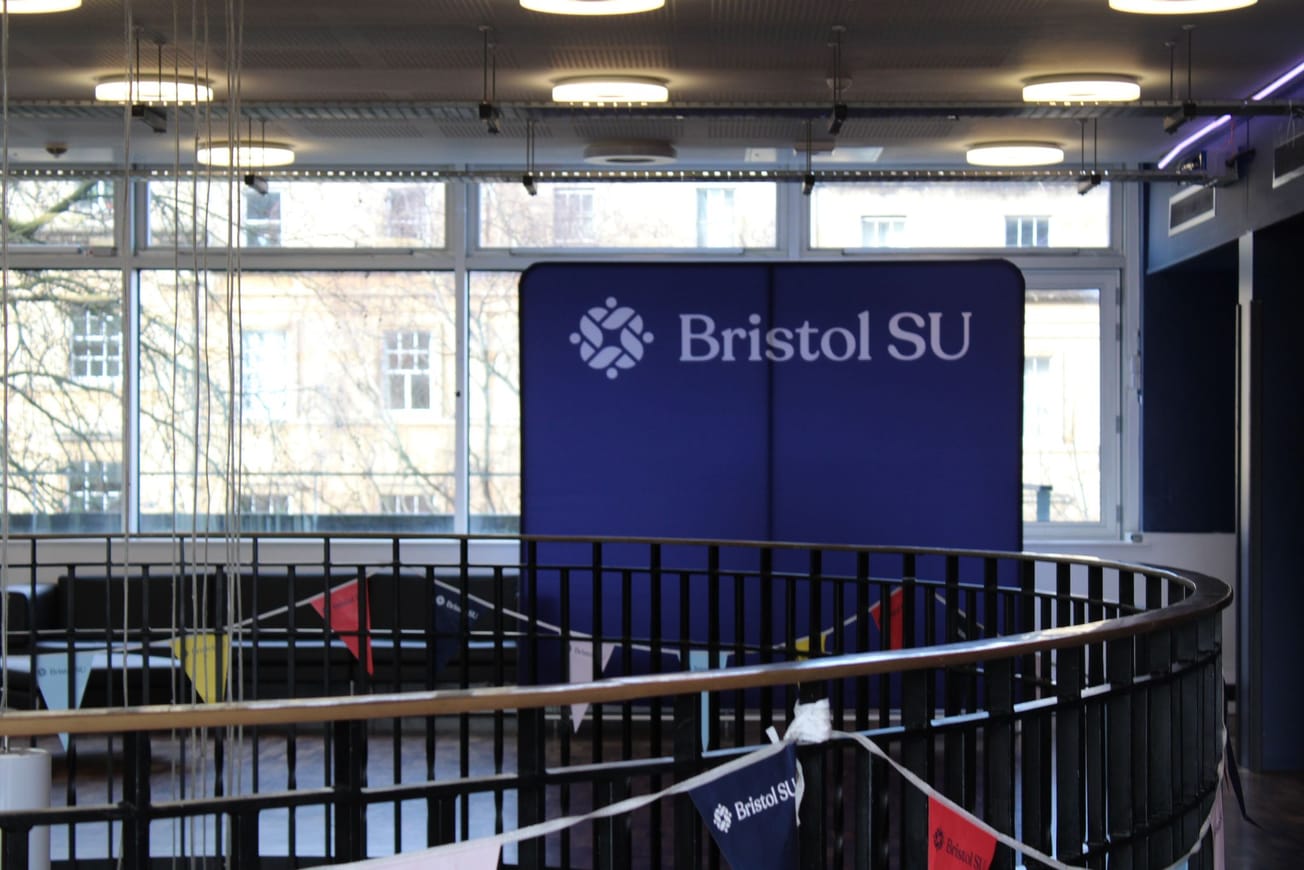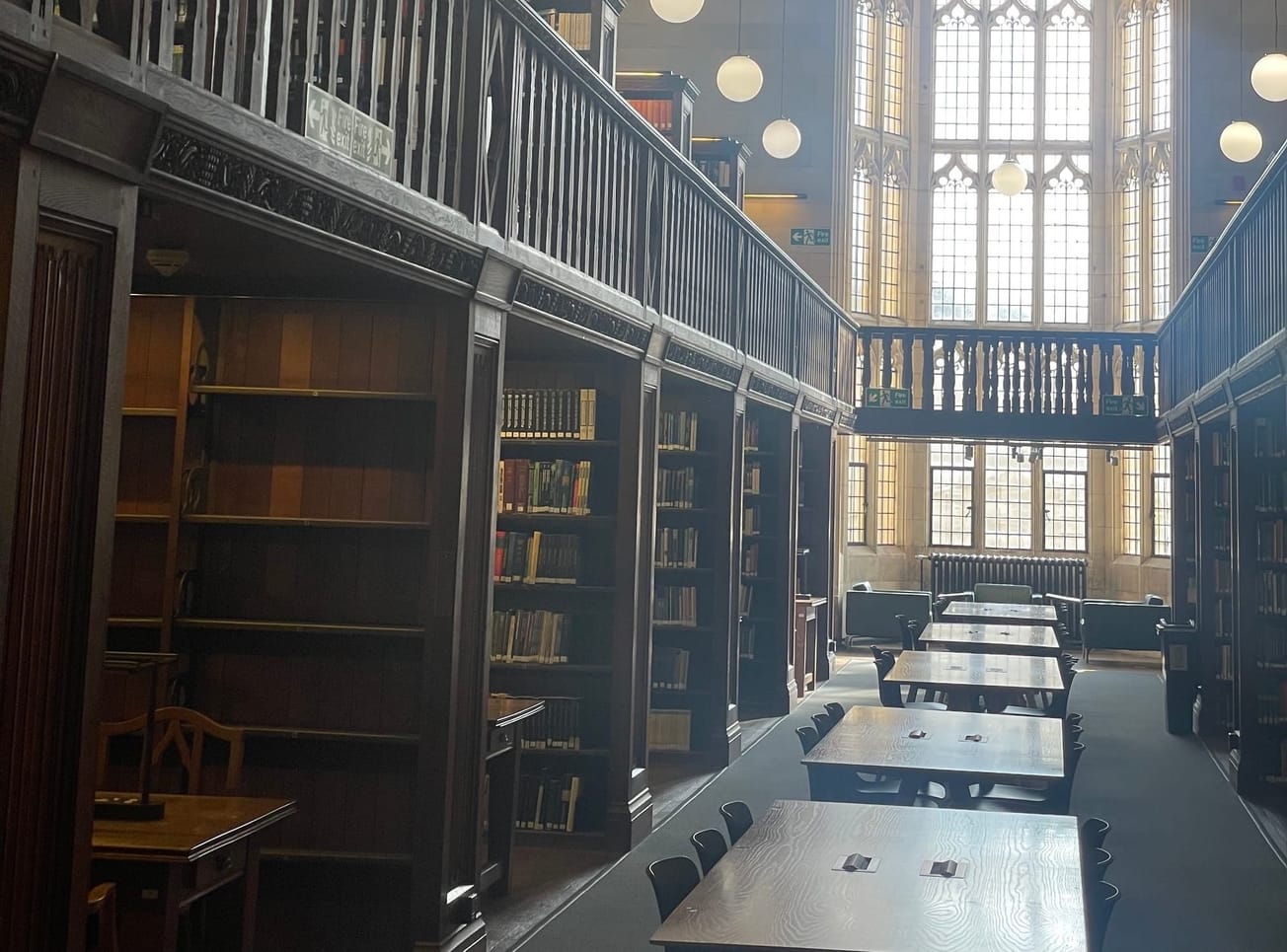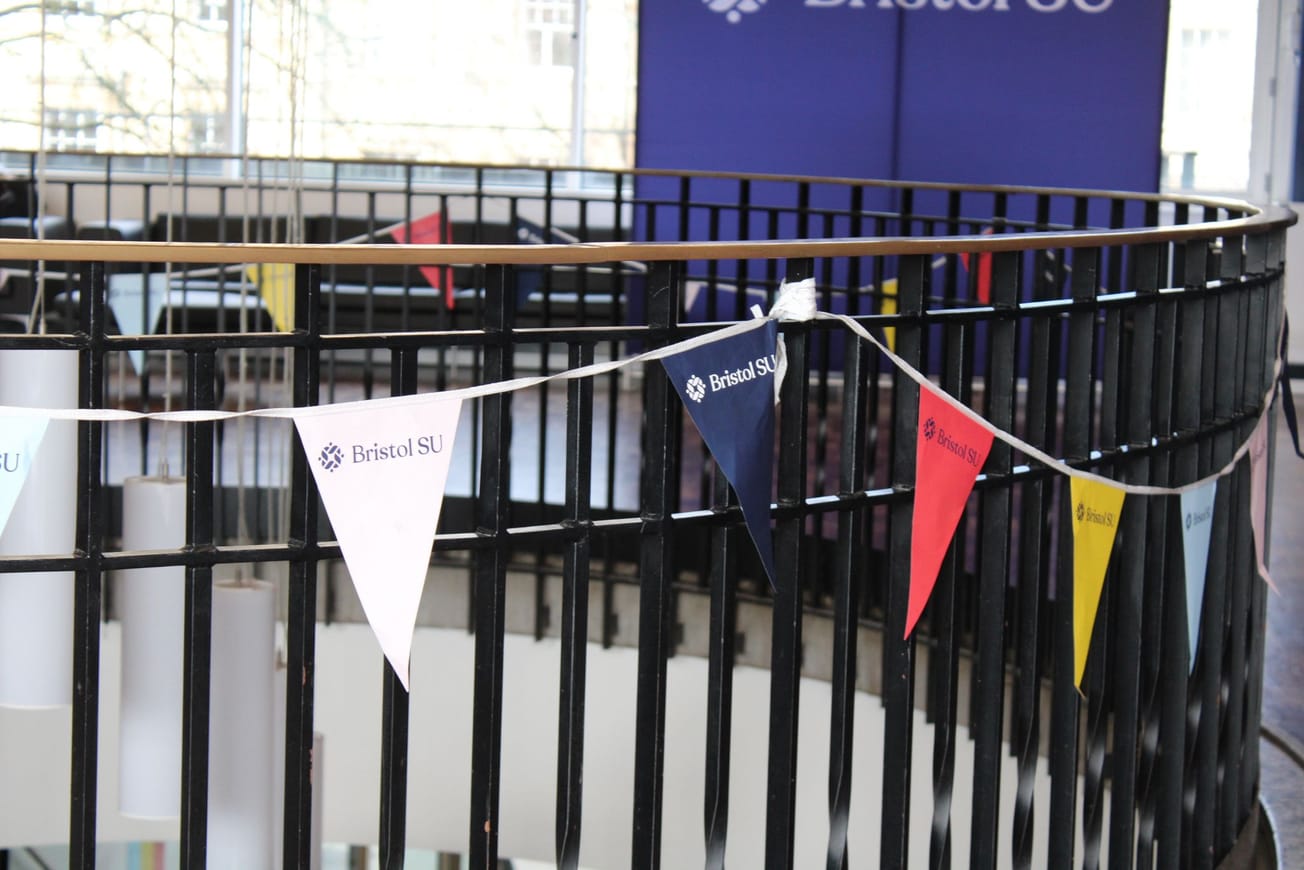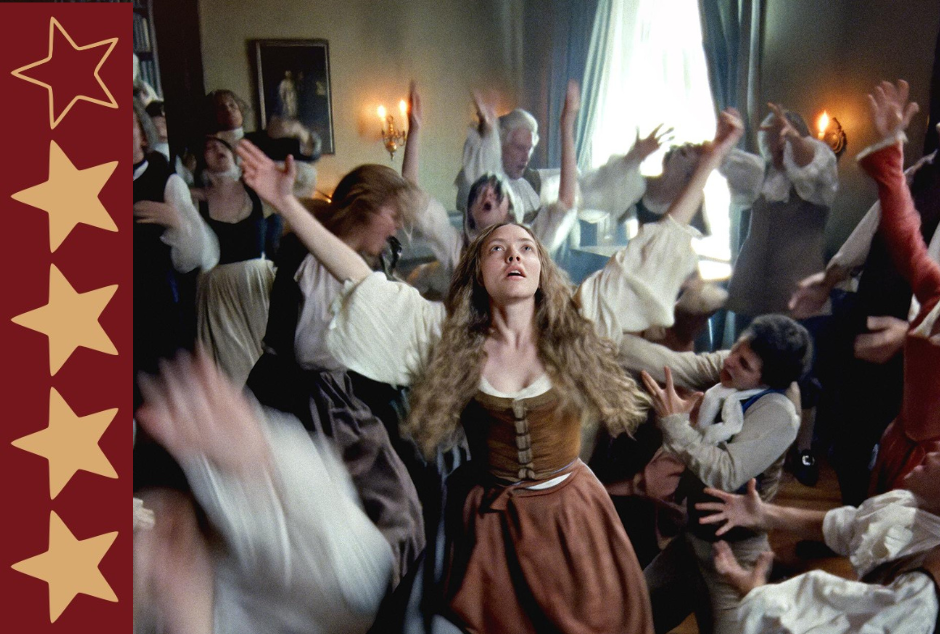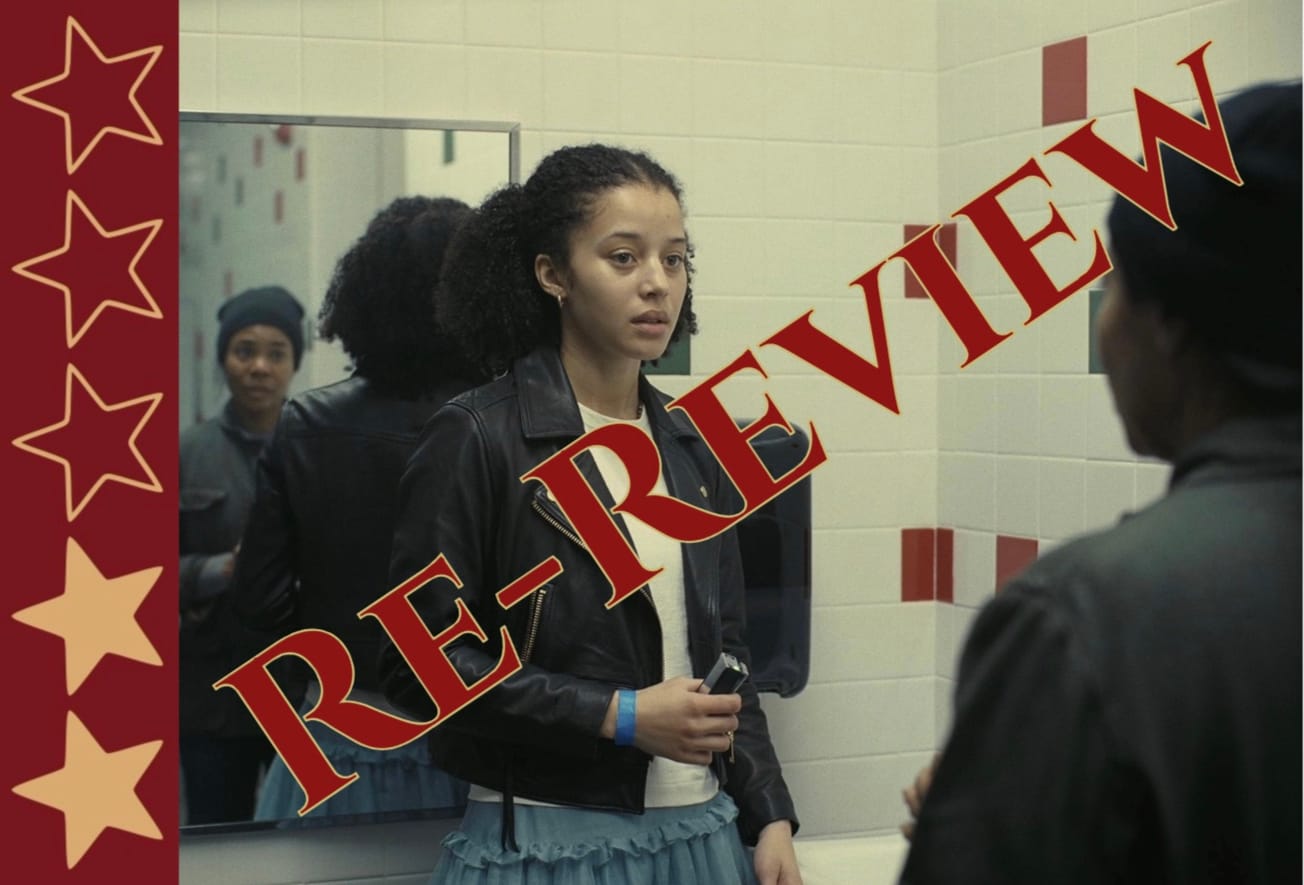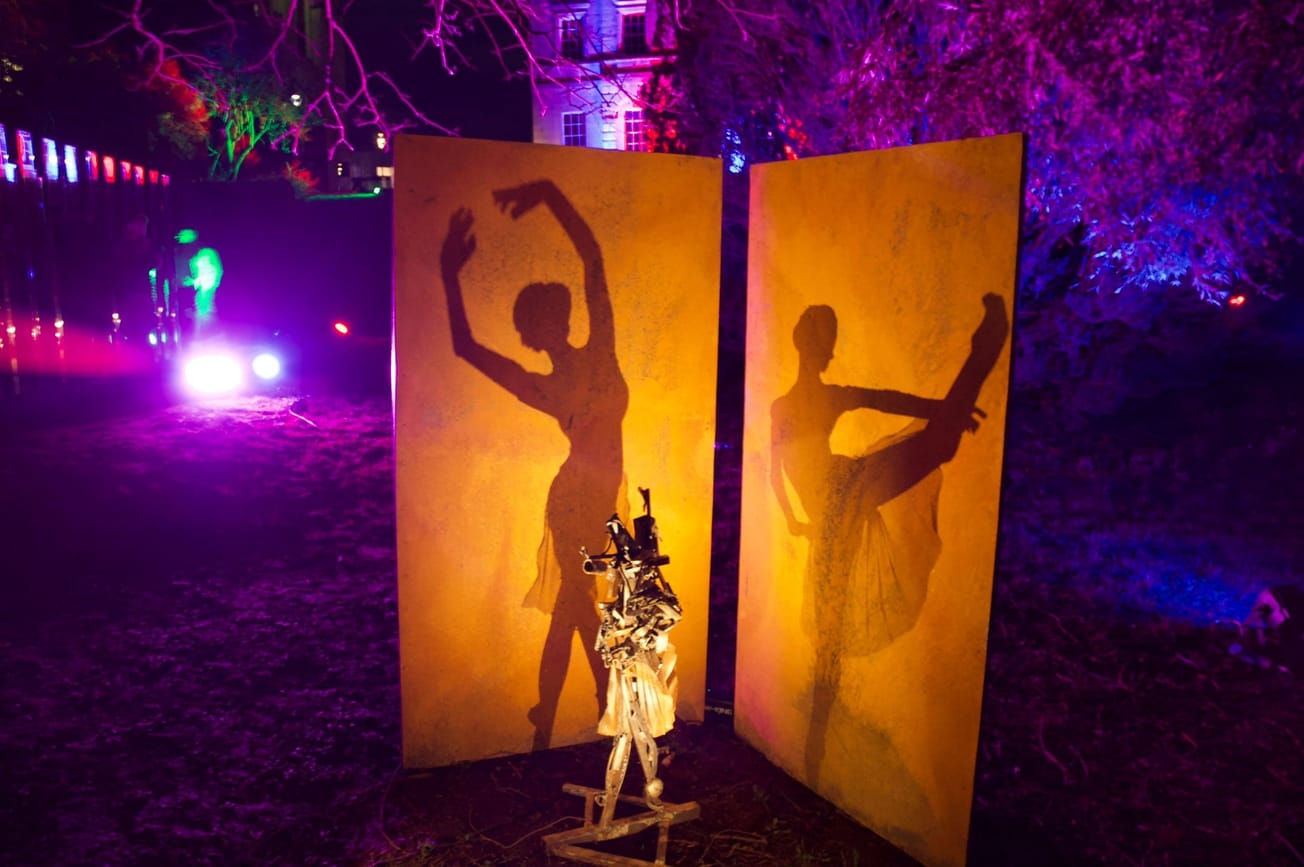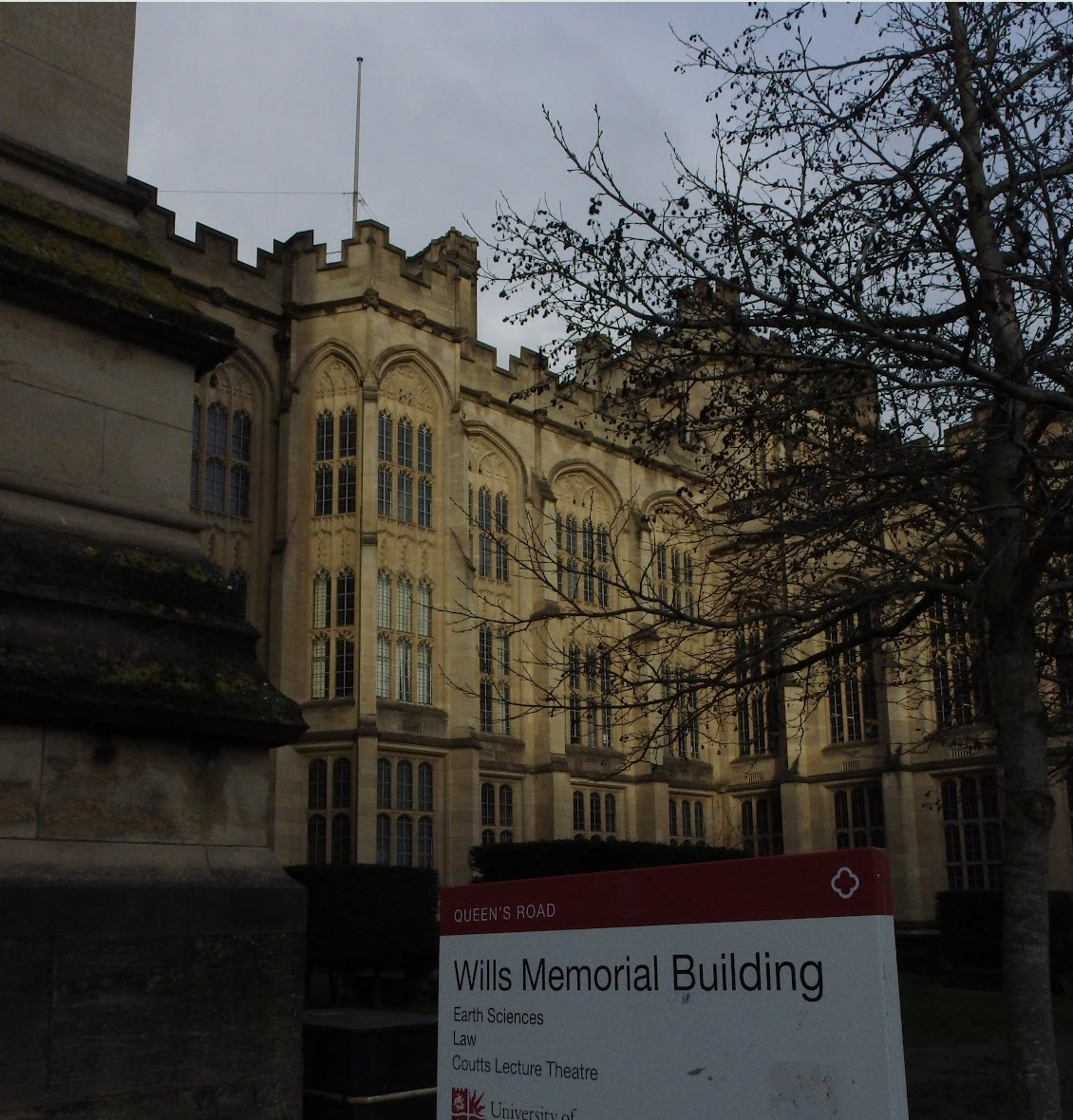By Anonymous
In the last 10 years attitudes to homosexuality have transformed and in the UK being LGBTQ+ is now an accepted part of our society, with huge strides having been made in terms of equality and acceptance
But as the world has moved towards acceptance of all people, some communities still refuse to accept LGBTQ+ rights. LGBTQ+ Muslims are a minority within a minority and are subject to abuse by the Muslim community and their own family and friends.
The act of homosexuality is forbidden in Islam. It is an accepted belief that those who feel homosexual thoughts and actions should not act on them and those that do act on these feelings are committing a sin equivalent to murder. In authentic hadith, which is a collection of sayings of the prophet, it states ‘kill the one who does it, and the one to whom it is done’ referring to homosexual sex (but it is important to note that hadith are often disputed). The Quran directly mentions the people of ‘Lut’ a community who were wiped out due to their disbelief in God and homosexual acts.
These all cumulate to create homophobic attitudes and beliefs within the Islamic community. There can be so much said about Islamic attitudes towards homosexuality, and they do not differ much from Christianity or Judaism but while it can be argued that Christianity and Judaism have moved towards more progressive beliefs Islam has not and whether it should be is up for debate. Islam is absolute and the Quran is directly Allah’s word. Its preservation is part of its authenticity. To go against the teachings of the Quran is to become a kaffir (non-believer). This means it is incredibly hard for Muslims to modernise compared to other Abrahamic religions.
South Asian communities tend to hold firmly onto the beliefs and traditions they immigrated with which can make it difficult for them to first be accepted by the wider British society and to assimilate within the UK. For many, religion has been passed down through generations, and culture is often at the forefront rather than actual Islamic teaching. But at the heart of the LGBTQ+ issue for South Asians is that being LGBTQ+ is a matter of shame. The community is a network that supports each other. One of the risks of coming out in the South Asian community is losing your family as your family would fear losing their larger community and would instead in some cases choose to abandon you.
This connects to the sense of honour and the common phrase many South Asians would have heard ‘what will people say’ from their parents when they dare do anything that goes against the accepted attitude. This fear potentially forces people into the closet for the rest of their lives. The risk of losing their community and their family is often too great. In some cases when people do take the risk to come out, they risk staining their family’s standing within the community which can lead to honour killings. This is a complicated issue and does occur in the UK.
I thought that once I came to University, I could put this all behind me. That I would finally be happy, but I wasn’t. I didn’t know if I could live authentically in Bristol and was terrified to take the steps to do so. Even though the Islamic position on homosexuality is clear I still consider myself a Muslim because how can I abandon everything I have ever known. I always tried to be the best Muslim I can be so that when I die and I am judged Allah, he will forgive me for my homosexuality.
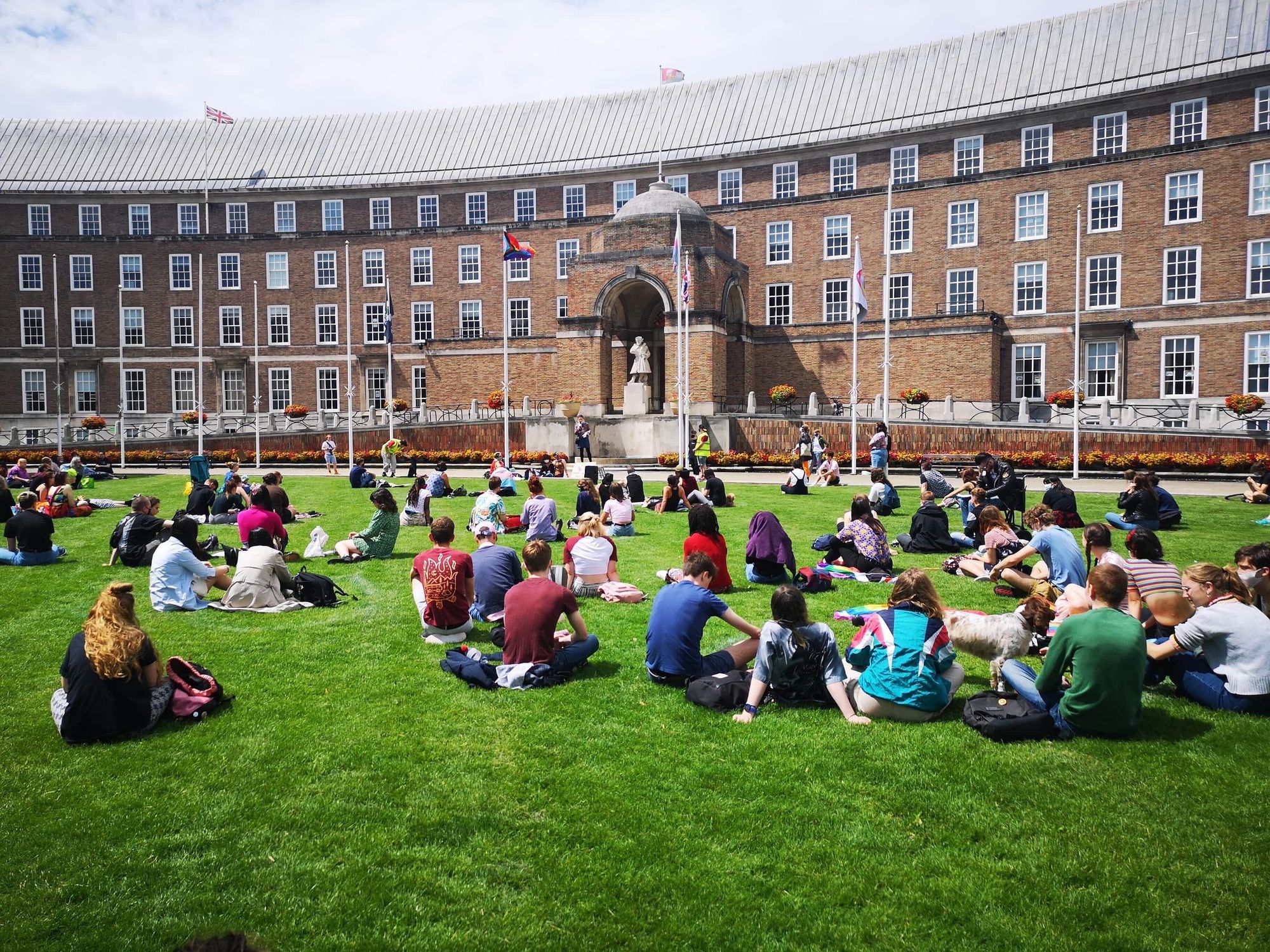
During my first term, I tried taking part in the University Islamic society but felt like I wouldn’t be welcomed. I did go to a few events and meeting other Muslims was wonderful, but I knew if they found out I was bisexual it wouldn’t end well. Other Muslims in my life have said that you can’t be LGBTQ+ and Muslim, and that marriage is the basis upon which we build our Islamic lives.
I of course can’t fulfil this if I fall in love with a man. I haven’t met other people in my situation, and I don’t know if I want to. The trauma and pain are so great and I would always be fearful of being outed by them if they were outed. Even in lectures and University social life I was constantly worried about someone finding out I was bisexual. If I said something too gay or acted too gay would people notice? Once I started to come out my depression only got worse. Living a double life is tiring and at points I wanted to just call my parents to tell them the truth.
My parents often said that they would never accept a gay child and that they would kill me or my siblings if we ever came out as gay, something that is constantly in the back of my mind and often resurfaces when more people find out I am bisexual. I always worry that somehow, they’ll hear from these random people in Bristol and that my life would be over and that I would die. When I first told my white friends in Bristol this, he thought I was exaggerating. I mean what parent could kill their own child for something they can’t control?
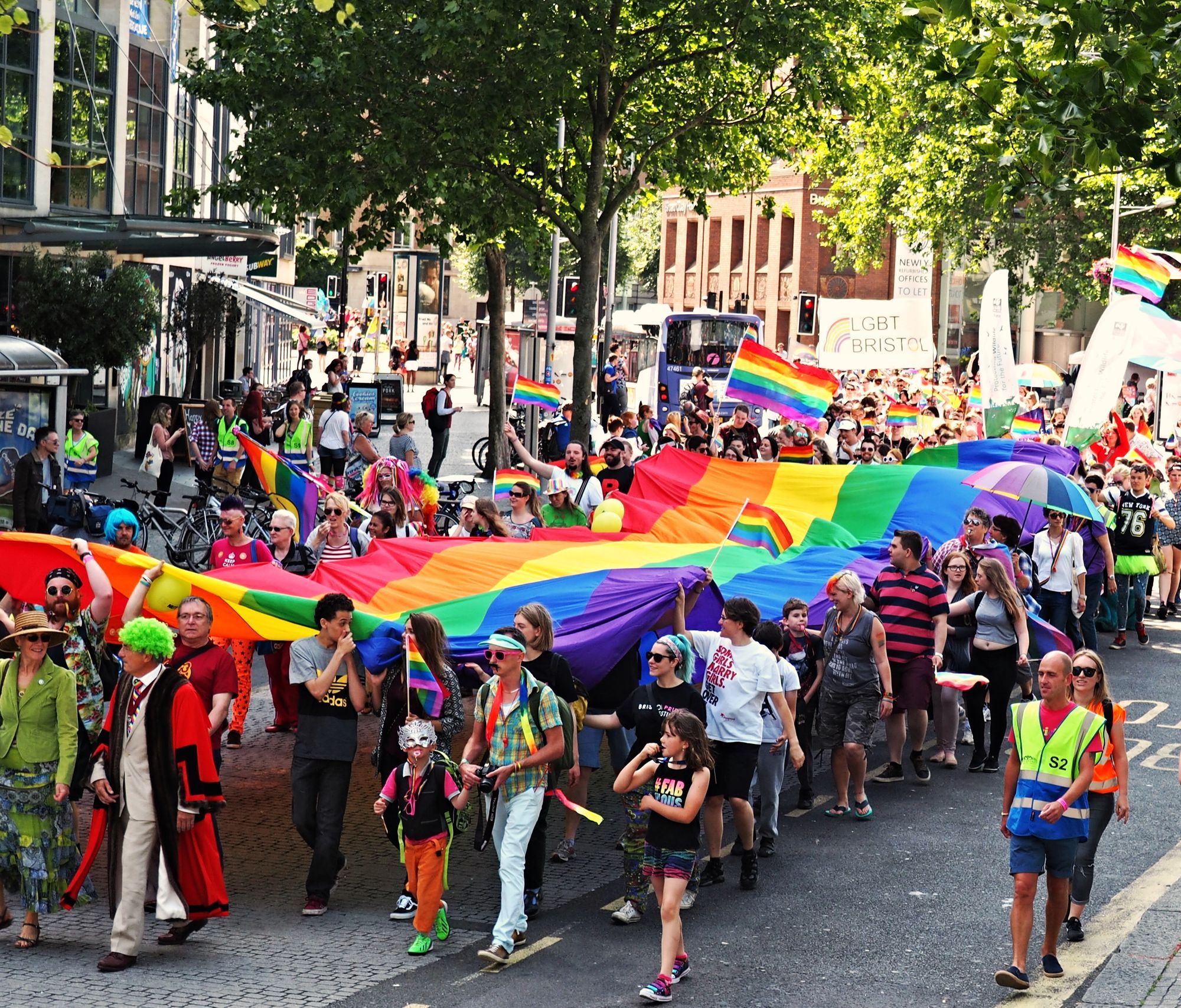
But it’s the sad reality that many Muslims face and one that they can’t get out of. You can either choose to live your authentic life by abandoning your family and community and go out into the world alone with no support network and no one to fall back on when you need help or live a lie. It’s an incredibly hard choice and many LGBTQ+ Muslims choose their families over the unknown and hide a part of themselves for the rest of their lives.
I knew this from a young age. That one day I would have to choose. I was told being gay was a test from God and at times at night while everyone was asleep, I would go into sujud (bowing) begging and pleading with tears filling my eyes asking God to make me straight. To take this test away. And of course, it never worked. I thought I might’ve been cursed because I was a bad Muslim or that my parents were punished with a bisexual son for their sins.
For years I prayed and pleaded and finally I gave up asking and started to feel numb to my religion. I didn’t completely accept my bisexuality until I started university and met amazing people who helped, and I owe them so much. Most of my closest friends only found out I was bi during my first term of university and a lot of my friends back home still don’t know and I don’t think I would ever tell them due to the fear of it spreading.
I am very grateful for meeting people in Bristol that helped me accept who I am. I owe them everything and I am so much happier now. I see a future for myself, and I feel so welcomed and loved. I don’t know where I would be without them. While I know the future will be hard, I know that they will be there for me every step of the way. One person in particular has helped the most and I hope when they read this, they understand what they’ve done for me and how much they mean to me, and I will never stop being thankful to them for showing me so much kindness when they didn’t need to. Even my old friends can see how much happier I am now and it’s because of the love and acceptance from people here.
Countless individuals still feel alone and hide their identities from the world, fearing the repercussions, myself included. While I have taken steps to come out and live my authentic life, I know one day when my family finds out I will not be accepted, and I will be alone if not for my amazing friends. Islam is absolute and will never change. The teachings of the Quran are Allah’s divine words and the preservation of the Quran and its teachings are one of the main tenants of the faith.
While it will always be sinful to be LGBTQ+, I hope that the attitudes towards the LGBTQ+ community by Muslims can change. I hope that Muslims in the future can accept their LGBTQ+ friends and family members, as Islam does not teach hate and the core values of Islam are always forgiveness and love. For many people reading this that may not seem like enough and my hope for change is bleak but it’s a start and that’s all I can pray for.
Featured image: Alexander Grey/Unsplash

